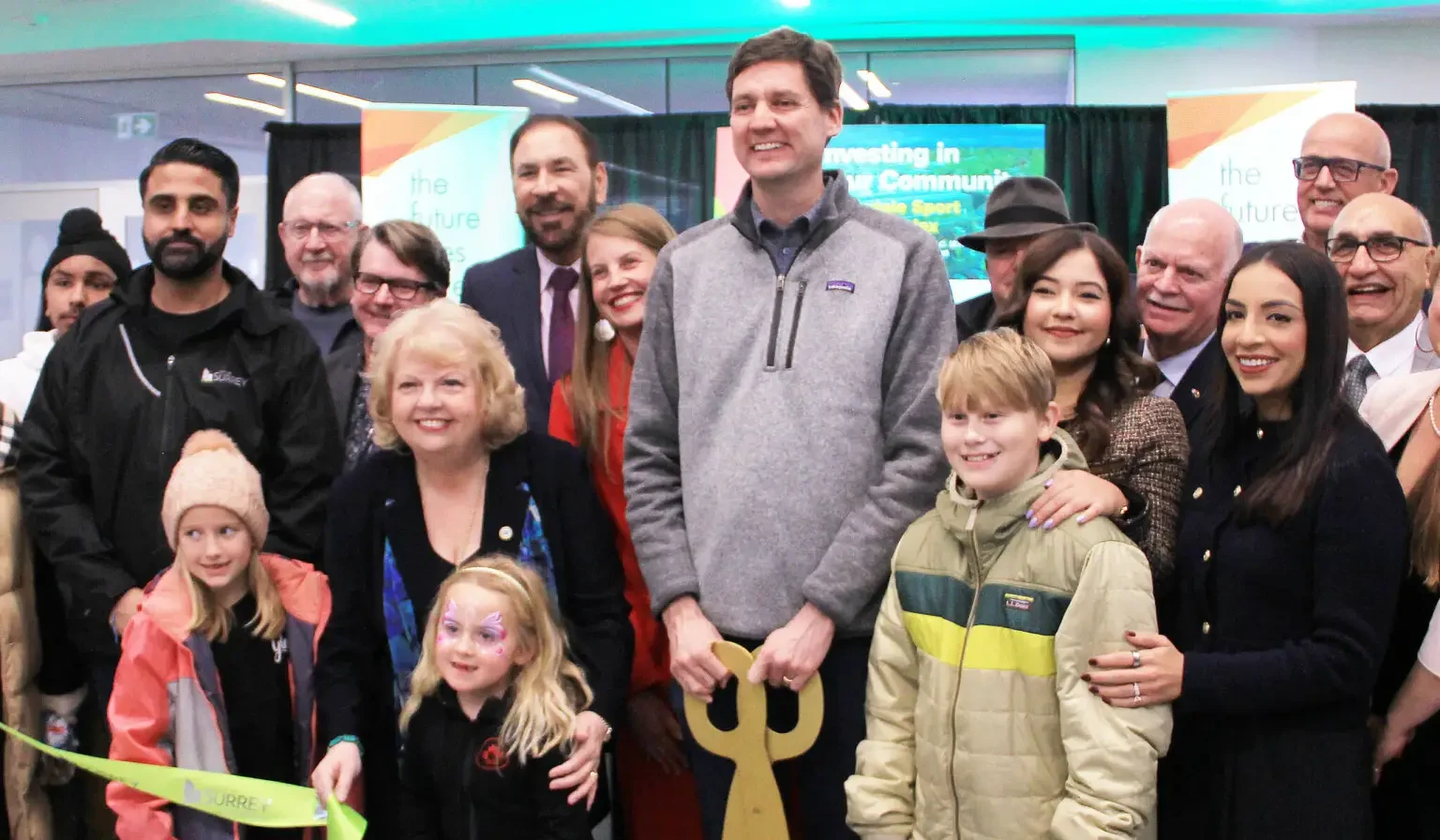Psychologist reveals new mothers face their most vulnerable mental health phase in the first year post-birth due to sleep loss, isolation, and identity shifts.
Expert Warns of Critical Mental Health Window for Mothers
In a interview with clinical psychologist Dr Julie Smith shared that the year following childbirth is the most mentally vulnerable period in a woman’s life. Drawing from nearly a decade of clinical experience, she explained how profound biological, emotional, and lifestyle changes combine to challenge new mothers in ways modern society often overlooks.
Emotional and Physical Toll of Motherhood
According to Dr Julie, giving birth disrupts every major part of a woman’s life—sleep, routine, diet, and social connection—creating the “perfect storm” for mental health struggles. “You take any human being and want to break them down—remove sleep, social contact, routine and nutrition—and that’s what happens when a woman gives birth,” she said.
Hormonal and Social Pressures Amplify Risk
Women face increased mental health risk due to hormonal fluctuations linked to menstruation, pregnancy, and menopause. Combined with societal pressures and increased likelihood of past trauma, such as abuse, the risks are compounded. “It’s not a fault in a woman’s system,” Dr Julie said, “it’s that society is built ignoring those needs.”
Modern Life Leaves New Parents Unsupported
Dr Julie criticised the modern lack of community-based support systems like Sure Start centres, saying new families are left isolated and overwhelmed. “We talk about bouncing back, but everything that keeps a woman well—sleep, nourishment, support—disappears,” she added.
Online Reactions Reflect Shared Struggles
The video resonated with thousands. One viewer commented, “The lack of sleep destroyed me. I would cry just wanting anyone to watch my baby so I could sleep.” Another said, “I don’t remember the first year of my child’s life—it’s a blur of exhaustion and emotional overload.”
Calls for Systemic Change and Community Rebuilding
Dr Julie urged society to rethink how it supports new mothers. “It’s not your fault,” she told new mums. “Modern life gets this so wrong, and families are paying the price.” Mental health charity Mums Aid and the NHS have echoed this, offering counselling and health visitor support to struggling parents.
Support Services Available in Surrey
Surrey residents can access postnatal mental health support via local NHS services, including referrals through GPs and health visitors. Organisations like Mums Aid and Home-Start Surrey also offer tailored help for new and expecting mothers facing emotional challenges.



























